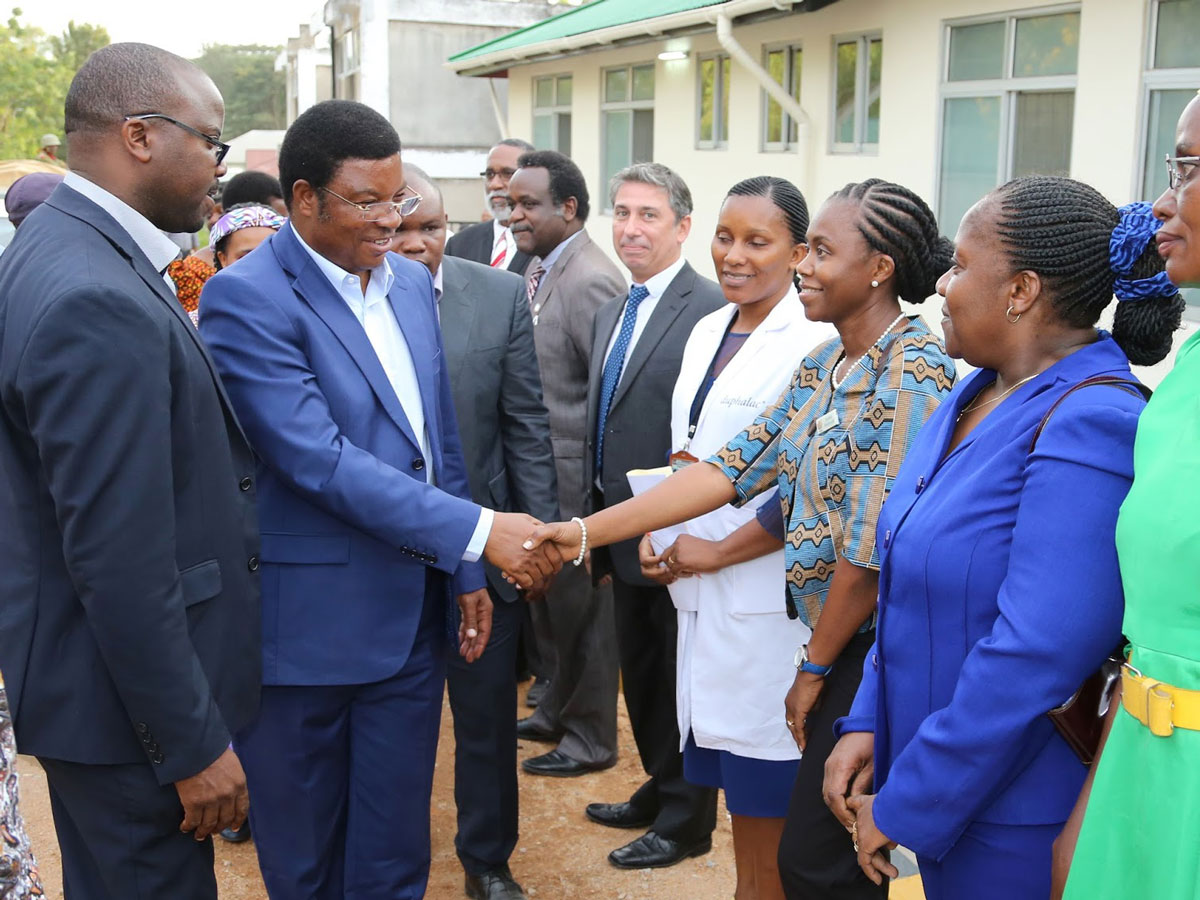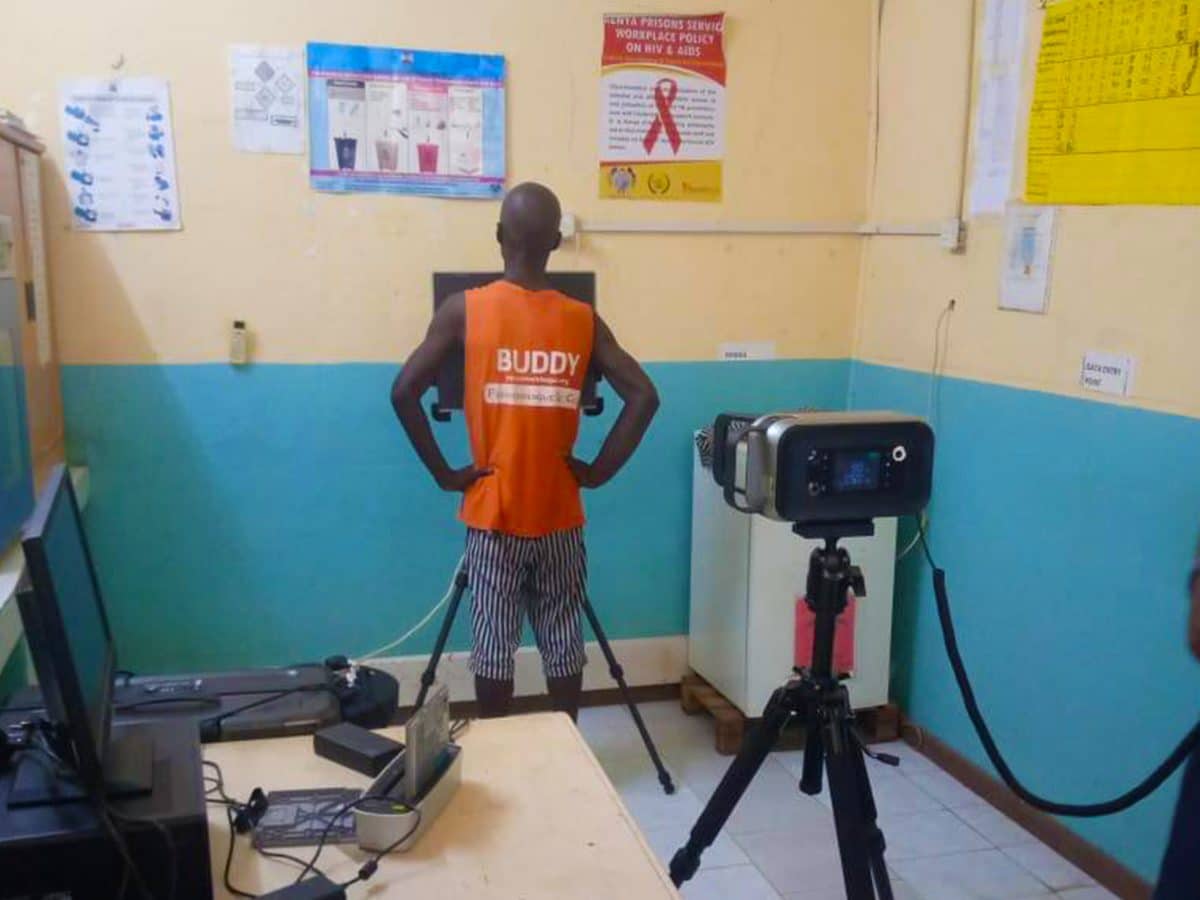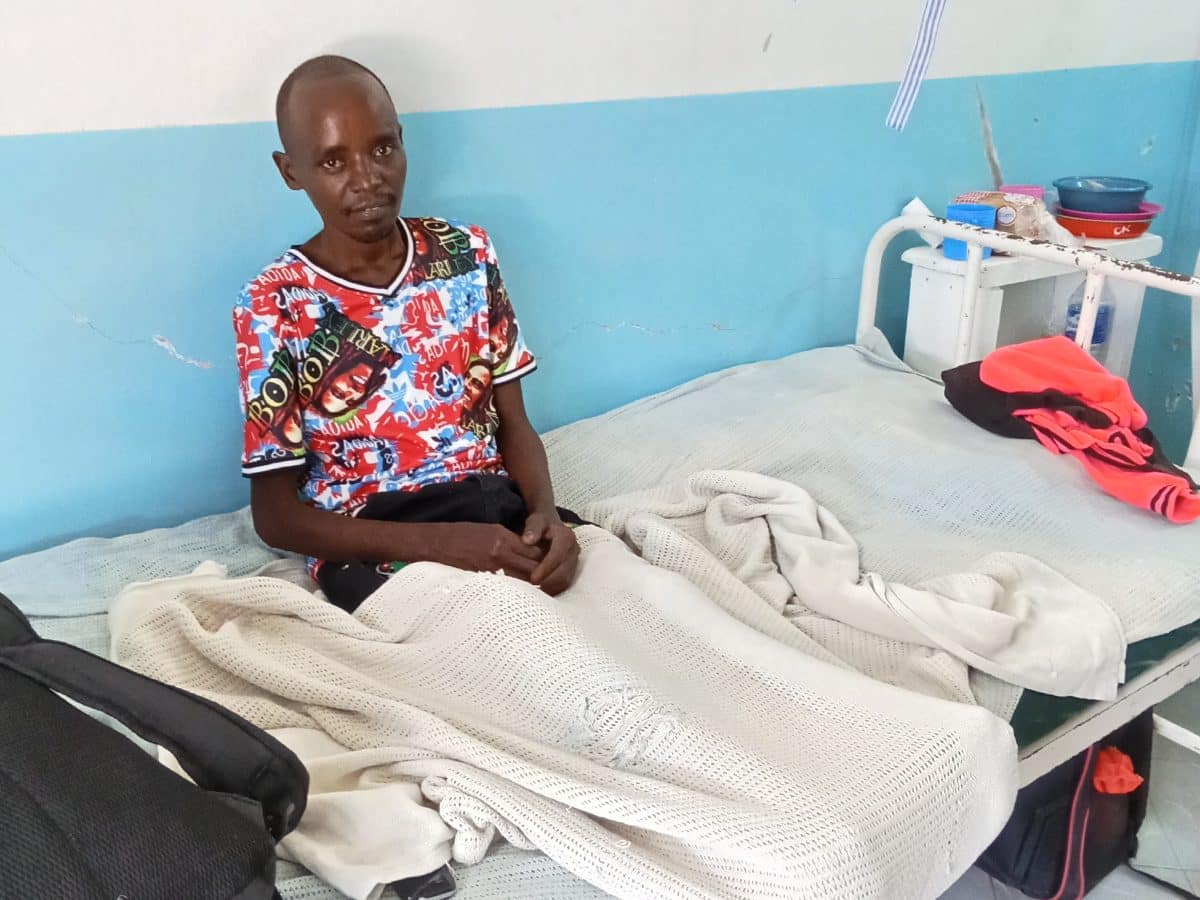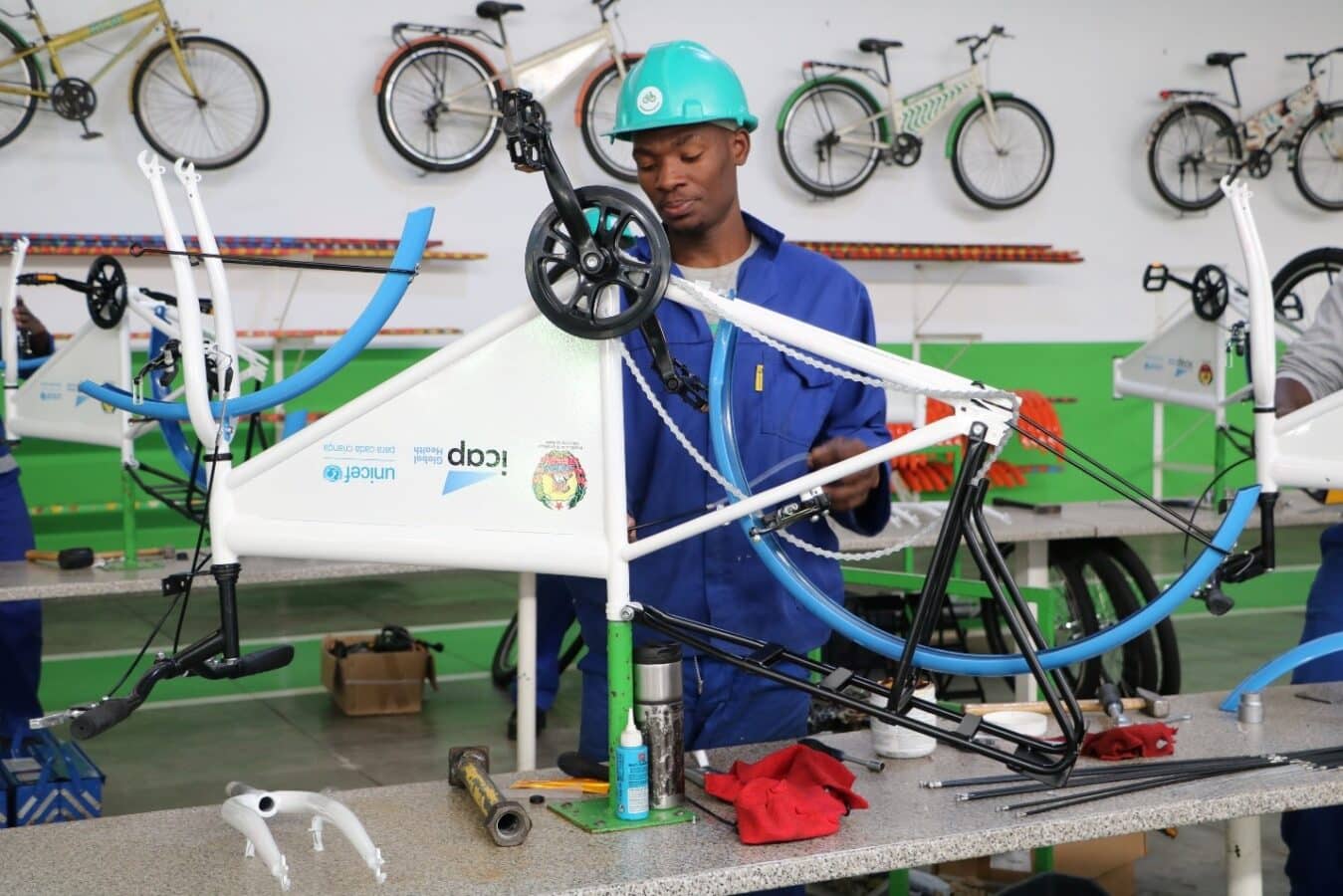On February 20, 2018, Tanzanian Prime Minister Kassim Majaliwa attended the opening of the Lake Zone’s first methadone clinic, at the ICAP-supported Sekou Toure Regional Hospital in Mwanza city. Similar clinics exist in the capital, Dar es Salaam, and in Zanzibar, but in a country bigger than the U.S. state of Texas and with twice the population, more resources are needed to address an issue that has been growing in magnitude for more than a decade.
According to the United Nations Office on Drugs and Crime, there are more than 500,000 heroin users in East Africa and nearly 60 percent of these users may live in Tanzania, with a heavy concentration in the port city of Dar es Salaam. Rates of HIV infection are higher among people who inject drugs, at an estimated 40 percent compared with five percent in the general population, and worse for women who inject heroin, of whom an estimated two-thirds are HIV-positive.
Part of ICAP’s work in Mwanza is the Comprehensive Community-Based HIV Prevention, Linkage, and Retention Services for Key Populations project, funded by the U.S. President’s Emergency Plan for AIDS Relief (PEPFAR) through the Centers for Disease Control and Prevention (CDC). In line with Tanzania’s Third National Multi-Sectoral Strategic Framework for HIV and AIDS, ICAP is working with the Tanzanian Ministry of Health and Social Welfare and local partners in support of a comprehensive national response to prevent new infections and respond to the needs of women, youth, and key populations that are more vulnerable to contracting HIV—namely, men who have sex with men, female sex workers and people who inject drugs.
In 2009, ICAP became the implementing partner in Zanzibar when PEPFAR began working with MOHSW to increase access to HIV prevention skills and services for key populations. These efforts included opening the first medication assisted therapy clinic on the island, offering methadone as part of comprehensive health and social services to treat heroin addiction. Now, the Mwanza project is able to build on the experience and success ICAP and the Ministry of Health and Social Welfare achieved in Zanzibar to bring critical services to a new region.
The opening of the clinic at the regional hospital in Mwanza was celebrated by Prime Minister Majaliwa, U.S. Embassy representative Maestro Evans, Drug Control and Enforcement Authority Commissioner General Rogers Siyanga, and representatives from the CDC, ICAP, the Ariel Glaser Pediatric AIDS Healthcare Initiative, and local organizations.
“I urge Tanzanians, wherever we see that our young people have been infected with drugs, to bring them to a registered clinic so they can be given medicine and ask for the community to believe they have changed since they have come to know the effects of drugs,” Prime Minister Majaliwa said in his address. Mr. Majaliwa also announced that the government is seeking to create entrepreneurship opportunities for young people who have sought treatment for addiction, in order to support their long-term rehabilitation and recovery.
The World Health Organization (WHO) reported in 2016 that, globally, opioid replacement therapies such as methadone are used in fewer than 30% of countries, and fewer than 10% of the world’s heroin users can access it. Although methadone maintenance treatment is regarded by WHO as the most effective therapy for heroin users, stigma has prevented many countries from accepting the use of methadone to curb heroin addiction. In combination with psychosocial support, medication assisted therapy including methadone can help reduce addiction to opioids, and prevent the transmission of HIV and other diseases through curbing needle-sharing practices. WHO added methadone to its model list of essential medicines in 2005 and issued guidelines in 2009 to help countries treat dependence on opioids and prevent the transmission of HIV and other blood-borne infections.
“It is a tremendous achievement to open this new clinic to serve the Mwanza region, since reaching people who inject drugs is an essential part of the national strategy to combat HIV,” said ICAP in Tanzania country director Fernando Morales, MD. “However, this population is especially vulnerable to stigma and discrimination from the general population, from law enforcement, and even from health care workers. So in order for this effort to be successful, there is still much work to do in terms of community outreach and sensitization so people can feel safe and confident in getting the help they need.”
Learn more about ICAP’s work in Tanzania.







